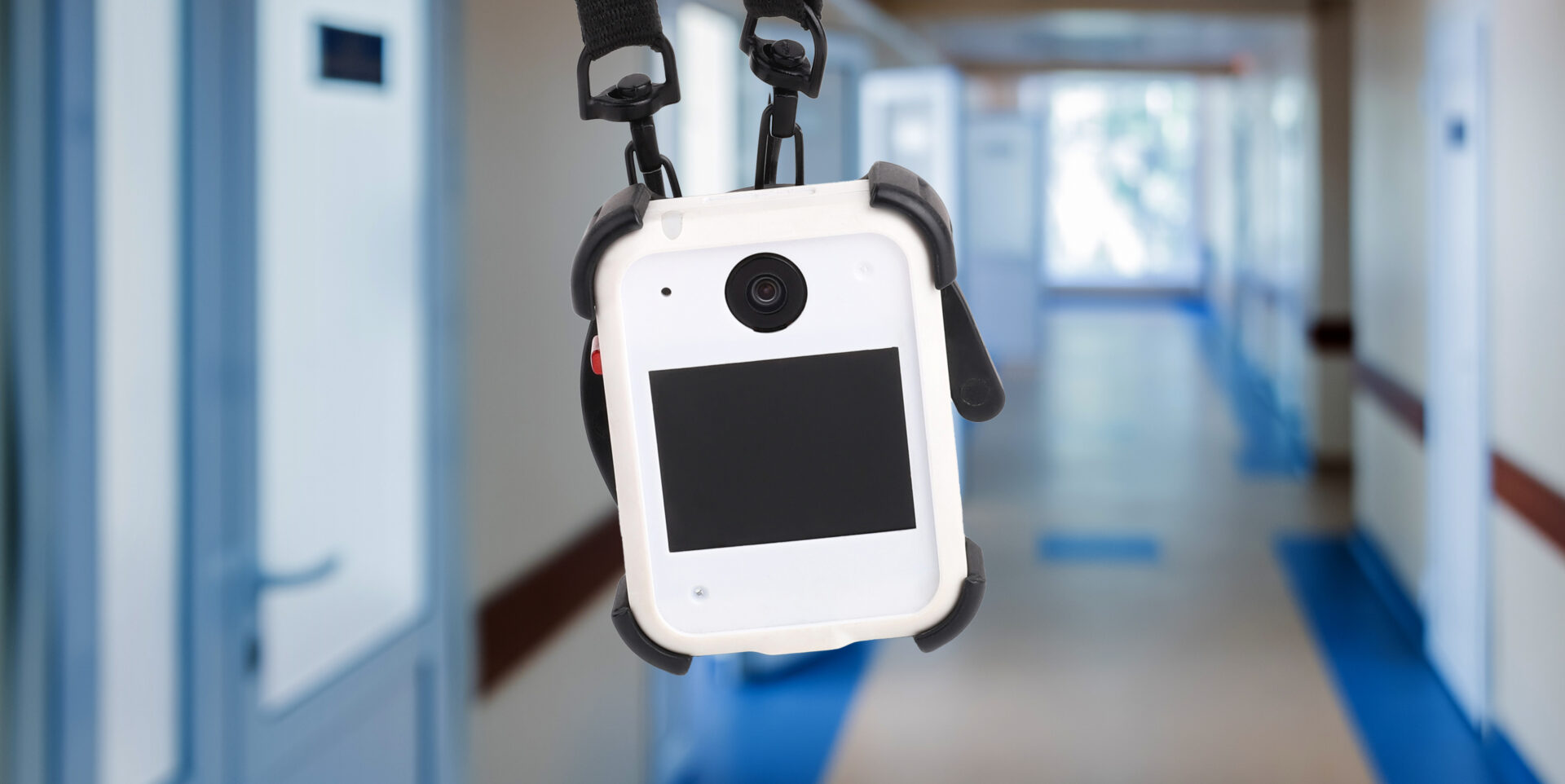Body-worn cameras
Giving patients and staff a voice around the use of body-worn cameras in mental health settings. Total funding awarded: £15,900
Some of the most unwell patients in mental health settings can resort to violence and aggression due to their distress or their lack of capacity to fully control their actions. The complexity of this situation has meant that the risk of violence and assault is seven times greater than in other healthcare settings.
As part of their 2018 violence reduction strategy, the Government announced they were pursuing the use of body-worn cameras by NHS staff but there has been a lack of quality evidence about how staff and patients really feel about their use.

Including staff and service users
We have supported a pioneering study exploring the perceptions and experiences of body-worn cameras by service users and psychiatric ward staff. The first-of-its-kind and largest independent study to date, the project was led by Alan Simpson, Professor of Mental Health Nursing, Institute of Psychiatry, Psychology & Neuroscience in collaboration with staff at South London and Maudsley NHS Foundation Trust.
The research team interviewed 33 service users and 31 health professionals across five NHS Trusts. Some Trusts had already introduced body-worn cameras, while others do not currently use them. Most crucially, the project was informed and shaped throughout by a Lived Experience Advisory Panel (LEAP) which provided vital input along the way, from the successful recruitment of volunteers to talk about this controversial topic, to bringing their unique lens to data analysis.
Key findings
The results of the study made it clear that both staff and service users were conflicted and uncertain about the use of body-worn cameras. They raised a number of important issues related to trust and power dynamics, namely:
- Violence and aggression are complex issues. Some staff perceived acts as deliberate whereas others might see it as an expression of distress with multiple causes or triggers.
- Both staff and patients were concerned that wearing cameras would become a substitute for good care and the use of alternative forms of prevention or de-escalation.
- Body-worn cameras will have particular implications for patients who “already feel criminalised” in an environment where staff have much greater power than patients.
- There is a lack of trust between patients and staff, that could potentially be made worse by body-worn cameras, as staff both wear and control the cameras.
There are strong views and ethical concerns about the use of cameras and their potential impact on people at their most vulnerable. We are really grateful to the Maudsley Charity for funding this study and enabling us to explore these perspectives and to gain much greater understanding.
Informing national policy
The project has attracted additional support for an implementation study that will inform how this technology is used across the UK and further afield.
A number of studies have also been conducted at other Trusts and findings have varied, reinforcing the view that there is no one-size-fits-all approach to the introduction of cameras. These findings have been used to inform the position statement published in May 2023 by the Royal College of Nursing (RCN).
Leona Cameron, Head of Health Safety and Wellbeing, Employment Relations Department, RCN said “This study into the use of body-worn cameras in mental health settings was very much welcomed, particularly as body-worn cameras are increasingly being used in a range of health and care settings. The findings from the study formed a valuable part of the available research for the RCN’s position statement.”
Read the RCN’s position statement
